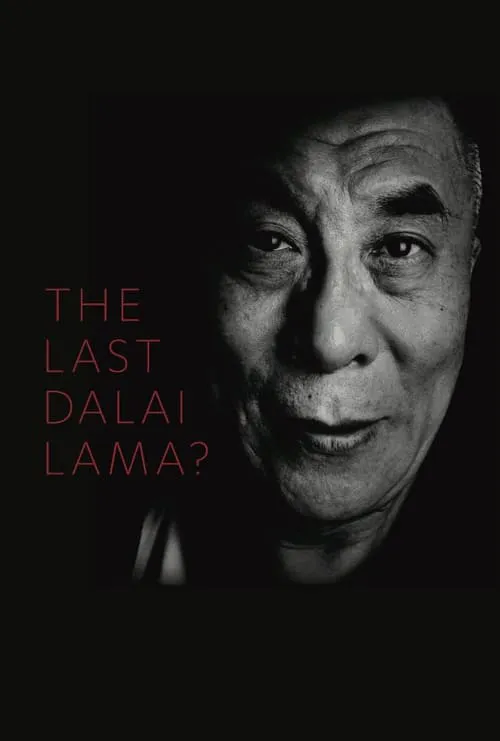The Last Dalai Lama?

あらすじ
Mickey Lemle's poignant documentary, "The Last Dalai Lama?", delves into the complex and profound life of the 14th Dalai Lama as he approaches the twilight of his years. Released after a 25-year gap since Lemle's earlier documentary, "Compassion in Exile", this thought-provoking film not only captures the Dalai Lama's spiritual journey, but also his remarkable influence on the world in various spheres. At the epicenter of Lemle's narrative lies the Dalai Lama himself, an enigmatic figure whose presence is both serene and captivating. Born in 1935, Tenzin Gyatso rose to prominence at the tender age of four as the reincarnation of his predecessor, the 13th Dalai Lama. As the spiritual leader of Tibet, he is revered for his wisdom, compassion, and kindness. The film skillfully weaves together Lemle's intimate conversations with the Dalai Lama, as well as recollections from family members, friends, and people whom he has impacted, offering a multifaceted insight into his life and legacy. One of the most striking aspects of the film is its portrayal of the Dalai Lama's confrontation with the historical struggle between Tibet and China. This pivotal theme is intertwined with the leader's unwavering commitment to non-violence and his steadfast faith in the power of compassion. The Dalai Lama's courageous stance against oppression has inspired millions worldwide, and Lemle's work provides a platform for his message to resonate even more broadly. In his later years, the Dalai Lama has continued to expand his sphere of influence. This has involved collaborations with neuroscientists, which the film captures with striking clarity. His dialogue with researchers and practitioners highlights the convergence of spirituality and science in the pursuit of a deeper understanding of human consciousness. These encounters demonstrate the Dalai Lama's vision of a unified world, where Eastern wisdom is integrated with Western rationalism. Beyond the realm of the spiritual and scientific, the Dalai Lama's impact on the West is profound and far-reaching. His teachings have infiltrated educational institutions, where students and faculty are drawn to his message of kindness, empathy, and interdependence. This subtle yet powerful influence is illustrated through footage of classes, discussions, and workshops, as teachers and scholars reflect on the significance of the Dalai Lama's words. At the heart of the documentary lies a deeply personal aspect of the Dalai Lama's life – his experiences with aging and dying. Now in his eighties, he confronts the inevitability of mortality, and Lemle's camera observes this process with compassion and sensitivity. In a poignant and moving sequence, the Dalai Lama shares his thoughts on the nature of life, death, and reincarnation, illuminating the mysteries of the human condition. One of the most compelling and intriguing aspects of the film lies in the Dalai Lama's contemplation on whether he will be the last incarnation of this venerable leadership. This question is both deeply spiritual and profoundly personal, raising fundamental questions about identity, continuity, and the very essence of the Dalai Lama. Lemle's masterful interweaving of these diverse themes results in a rich tapestry of stories, images, and emotions. Through his artful lens, the Dalai Lama emerges as a multifaceted figure, whose life has been woven from strands of politics, spirituality, and culture. This captivating portrait ultimately presents a profound tribute to a leader who has transcended his role as a spiritual figurehead to become a beacon of hope, unity, and understanding in a world beset by conflict and division.
レビュー
おすすめ


